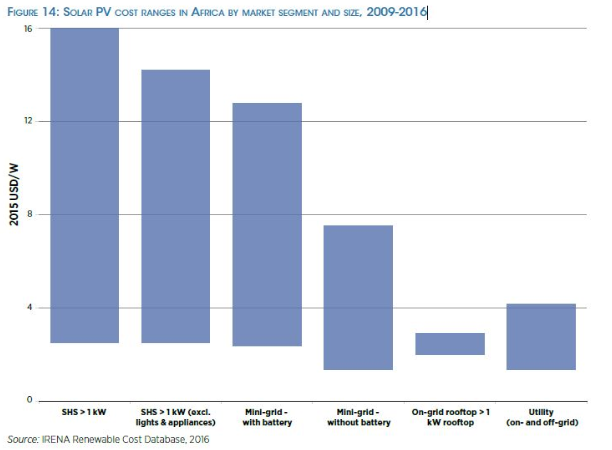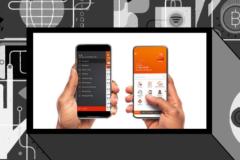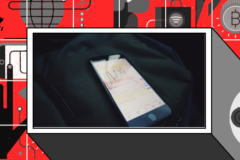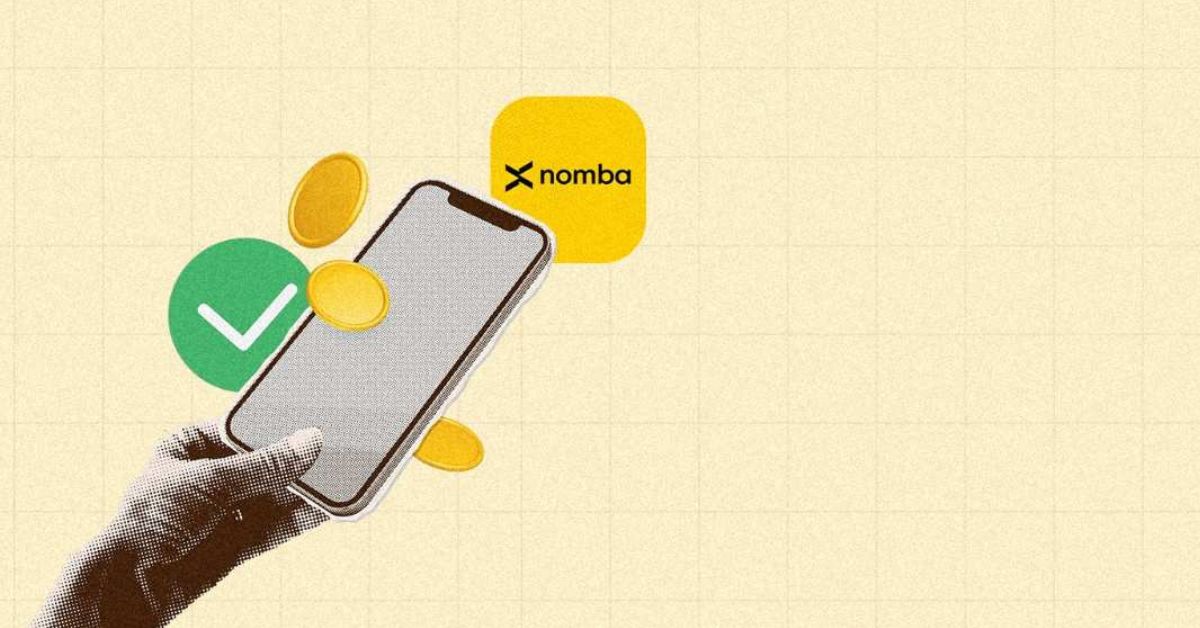You have probably heard people say that solar is too expensive to acquire. While this is largely true it does not paint the true picture of things. First, solar is not as expensive as it used to be about five to ten years ago. Prices are continuing to drop owing to incremental improvements to solar cell and solar panel technology, and improvements to how solar cells and solar panels are produced. Additionally, many solar companies are now providing flexible payment options. There is also the pay-per-use solar system where you only pay for what you consume. In this case, you do not have to purchase the solar system but only pay for the electricity it generates.
More homes are beginning to replace their fossil fuel generators with solar systems, which are generally more reliable than power from the grid and costs lower than running a fuel generator.
Product Offerings
There are a wide array of products that range from fans, solar lighting to solar TVs. These products are also offered in bundles, thereby marketing selected products as a package to give more value to consumer. For instance, in East Africa, Mobisol and M-Kopa offer TVs as part of their solar systems bundle, while Solantis and Cello offer Solar TVs without a solar system.
The products or bundles offered by solar companies depend on the target market–rural, peri-urban or urban consumers, and they come in different sizes to match the unique energy needs of the consumers. For instance, in rural regions, individual energy consumption is low; therefore, smaller solar systems would be more adequate. A typical bundle suitable for them would come with solar panels, LED bulbs, rechargeable LED torch, phone charge cable and sometimes a rechargeable FM radio. While for heavy energy users, larger solar home system bundles would be adequate, which come with solar panels, solar batteries, and inverters. This is one of the reasons why solar startups conduct energy audits to confirm the amount of power a household or an office requires. So depending on your needs and budget, chances are you will definitely find something that meets your requirements.
Prices and Payment Options
Solar system prices can range from as low as $200 to as high as $23,500 subject to the size or type of system. For example, the M-Kopa 5 solar home system has an eight-watt panel and costs about $188. On the other hand, the Auxano Orange solar system has a capacity of 8KW and costs from about $23,500. Fortunately, many solar companies now offer a flexible payment option like the M-Kopa system, which clients can pay for with an initial deposit of almost 16% and then pay $0.5 (50 Kenyan shillings) daily over a one-year period. For the Auxano system, there is an easy payment plan too, which allows clients to pay over a twelve to twenty-four month period as well as an outright purchase option.
In addition, more solar companies are starting to offer the pay-per-use option like Auxano, which allows clients to purchase the exact amount of energy they need. Companies like Rensource Energy offer a subscription service that assures convenience and affordability. There is also OneWattSolar, a blockchain-based solar startup where consumers can purchase that energy using tokens. The company targets consumers who spend an average of about $28 monthly, which is an estimate of the cost of a pay-per-use service.
Energy Consumption
There is the concern about the ability of solar systems to power large energy consuming equipment like an air conditioner. This is a valid concern given that a 1.5HP AC requires at least 2KW of solar panels. However, most people do not require more than 2KW to power their homes if they manage their energy efficiently. A 2KW system can effectively power ten lightbulbs at a time (15W total), three fans (50W), two TVs (120W), one large fridge (250W), one water pump (1HP 750W), one microwave (800W), and one washing machine (1500W).
On the other hand, homes that use more than one AC will need larger solar systems; therefore, a home with about five ACs will need a 15KW solar system to effectively power them, and these ACs would need to be energy efficient or inverter ACs. Typically, a large office needs larger solar systems than homes. You can get information from a good solar vendor, who will discuss your energy needs, cost and payment options and advice on the kind of system that will meet your needs. If your concern is about the cost, you can choose the pay-per-use solar systems for either your home or office that requires a large solar system to mitigate the high cost of outright acquisition and enjoy reliable power supply.
One advantage of solar systems is that it encourages people to be responsible with energy consumption and avoid wastage. It compels them to get more out of their solar systems by turning off the lights, appliances or equipment that are not in use at any point in time.
Cost Savings
Beyond reliable power, people who adopt solar systems also enjoy the cost savings that come along with it. These savings are significantly higher for businesses than homes. In a discussion with a medical doctor, he revealed that he would save his hospital about N3 million ($8,300) over the course of three years if he switched to solar power. To gain more perspective, if a customer were to install a 500W solar system from Solynta against fuelling a generator, this is how much he would save in three years below.
| Petrol Generator (₦) | Solar System (₦) | Cost Savings (₦) | |
| First Year | 219,000.00 | 310,890.00 | -91,890.00 |
| Second Year | 219,000.00 | 159,120.00 | 59,880.00 |
| Third Year | 219,000.00 | 0 | 219,000.00 |
| Total (3 years) | 657,000.00 | 470,010.00 | 186,990.00 |
Estimated cost savings for a house using a 500KW solar system.
Note: The estimated cost of using a petrol in the table is based on a 2.5KVA one and does not include the actual cost of the generators. It only shows the amount spent on buying fuel. Also, the breakdown does not account for any maintenance cost that the solar system may incur in Year 3.
The customer would save about N15,000 ($41) monthly. The medical doctor, on the other hand, would save an average of N250,000 ($692) monthly within the same space of time. This is significant savings for startups, and there are indications that prices will drop further, which would mean more savings.
Installing a solar system is a reliable alternative to the power supply in Nigeria, and the benefits are worthwhile as shown in the table above. It is not as expensive as it used to be and customers can take advantage of the flexible payment options or acquire one. Solar power provides financial, environmental and health benefits to urban consumers that other energy sources cannot provide.
Correction: This article initially stated that the Auxano Orange product costs $3 million. The correct amount is $23,500 and the article has been updated accordingly.





















